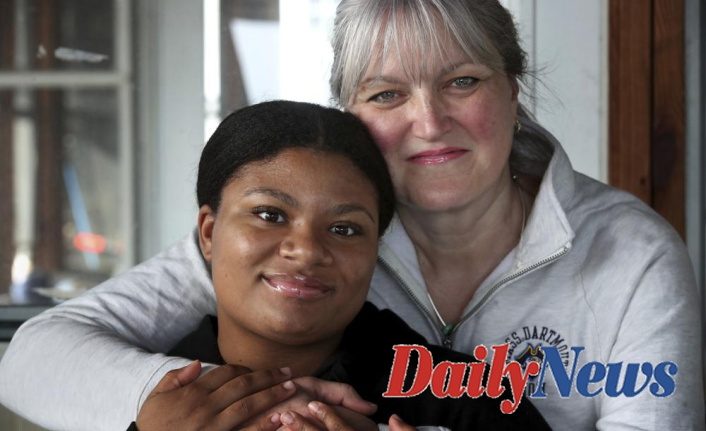During debate on the House floor, Bonnie Watson Coleman, Democratic Rep., stated that "there are people in this society who believe because your hair is messy, it's braided, or it's not straightened blonde and dark brown, then you aren't worthy of access." "Well, that's discrimination."
The House voted 235 to 189 in favor of prohibiting discrimination based on hair texture or hairstyles. Now, the bill goes to Senate where it is still uncertain what its fate will be. President Joe Biden already stated that he would sign the bill (known as the Crown Act) into law.
Only 14 Republicans voted for the measure. They called it unnecessary and distracting. They claimed that protections against hair-discrimination are already in place in several federal laws.
Ohio Republican Rep. Jim Jordan stated that "This is the focus of the Democrats." "Fourteen months' worth of chaos, and we're introducing a bill on hair."
House Democrats pointed out that judges have dismissed civil right cases in many instances on the grounds that the law doesn't directly apply to discrimination based on hair. The House bill clarifies that hair is included.
Minnesota's Ilhan Omar, the first Somali-American lawmaker to be elected to Congress, described the opposition of her GOP colleagues as "quite disheartening."
The progressive lawmaker, speaking in an interview on Friday, stated that these members are predominantly white and male and have never been subject to this type of discrimination. He said that they should not leave the decision up to policymakers who have done the work, and have faced this level of discrimination.
The bill covers Afros, twists, cornrows, and twists. It also mentions protections for hairstyles and textures that can often be a source of prejudice against Black people.
Dove's 2019 study that found that 1 in 5 Black women in sales or office settings had said that they needed to change their hair was a strong argument in support. Study also revealed that Black students are more likely to be suspended because of hair or dress code violations.
After two discrimination incidents that made national headlines, Coleman, a New Jersey Democrat began work on the proposal. The other involved Mya and Deanna of Malden, Massachusetts.
Their high school staff told the twins to get rid of their box braids in 2017. The twin sisters refused to remove their box braids, claiming that the policy was discriminatory. They were told by school administrators that the ban on hair extensions was meant to promote a culture that values education over style, fashion and materialism.
Deanna, a runner who qualified for the state finals was kicked out of the school's track team because she refused to comply. Mya was expelled from the softball team, and told that she could not attend the prom.
It's shocking that people can have hatred for a group of people, no matter their age or gender. "They will treat you that way," Deanna Cook said to The Associated Press. "This is why we need the Crown Act, because children are being hurt by this so severely."
Finally, the Massachusetts attorney general intervened and ordered school officials not to follow the rule. Mya and Deanna, who are now college students, say the traumatizing experience will stay with them.
Mya Cook stated that you expect your school's administration to be there for you, to cheer you on and to have your back. "And for us it was the complete opposite -- they were trying to tear you down."
A New Jersey high school student had to make a choice between losing his wrestling career or cutting his dreadlocks in a December 2018 incident. Andrew Johnson was 16 years old when he had his hair cut on courtside. He won the match. He was visibly upset by the events.
Coleman stated, "I will tell you that watching that was heartbreaking." Coleman said, "But the fact he withstood humiliation and public humiliation and went on to win that match speaks volumes about his character."
Over a dozen states have passed legislation to ban discrimination based on race in employment, housing, and military.
A Associated Press investigation showed how Black female service personnel faced discrimination within the ranks. They had to navigate a culture that labeled them "aggressive, difficult" and their natural hair untidy or unprofessional.
Senator Cory Booker, New Jersey's lead sponsor, stated that the Senate bill should be passed to ensure that everyone can "wear their hair proudly, without fear or prejudice."
Booker stated, "No one should get fired, punished or harassed for natural hairstyles that reflect their cultural heritage and are true to themselves."












